FUTURE Postdocs
Jijo Christudasjustus (PNNL) |
|
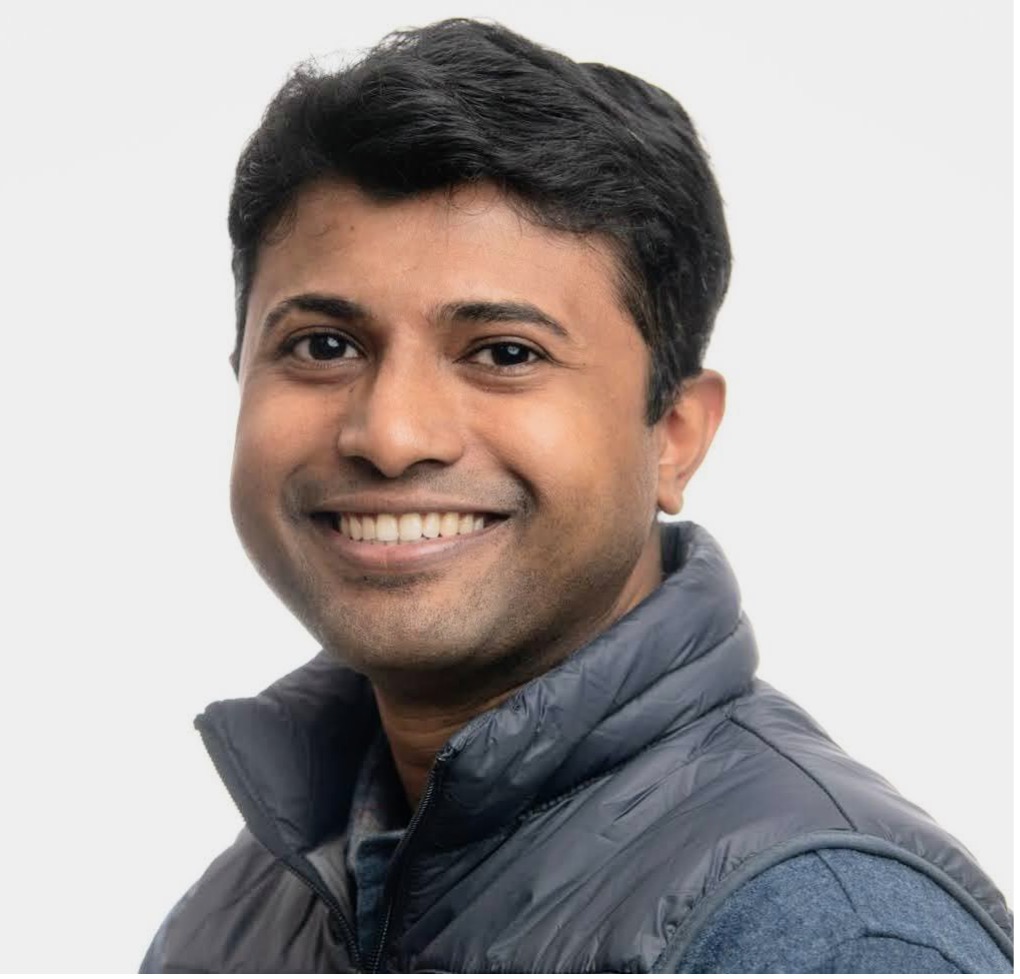 |
Dr. Jijo Christudasjustus is a post-doctoral researcher in the Physical and Computational Sciences Directorate at Pacific Northwest National Laboratory. He finished his Ph.D. in Materials Science and Engineering at North Carolina State University. His expertise is in understanding the microstructure-corrosion property relationship using transmission electron microscopy and surface-sensitive techniques such as XPS and ToF-SIMS on lightweight alloys, high-entropy alloys, and additively manufactured stainless steels. For the FUTURE project, Jijo will synthesize epitaxial thin films of metals and oxides by molecular beam epitaxy as model systems. These films will be utilized to study the coupled effects of irradiation effect and corrosion for materials relevant to next-generation nuclear reactor designs. Apart from research, he likes to sketch and explore new places and food during his leisure. |
Peter Hatton (LANL) |
|
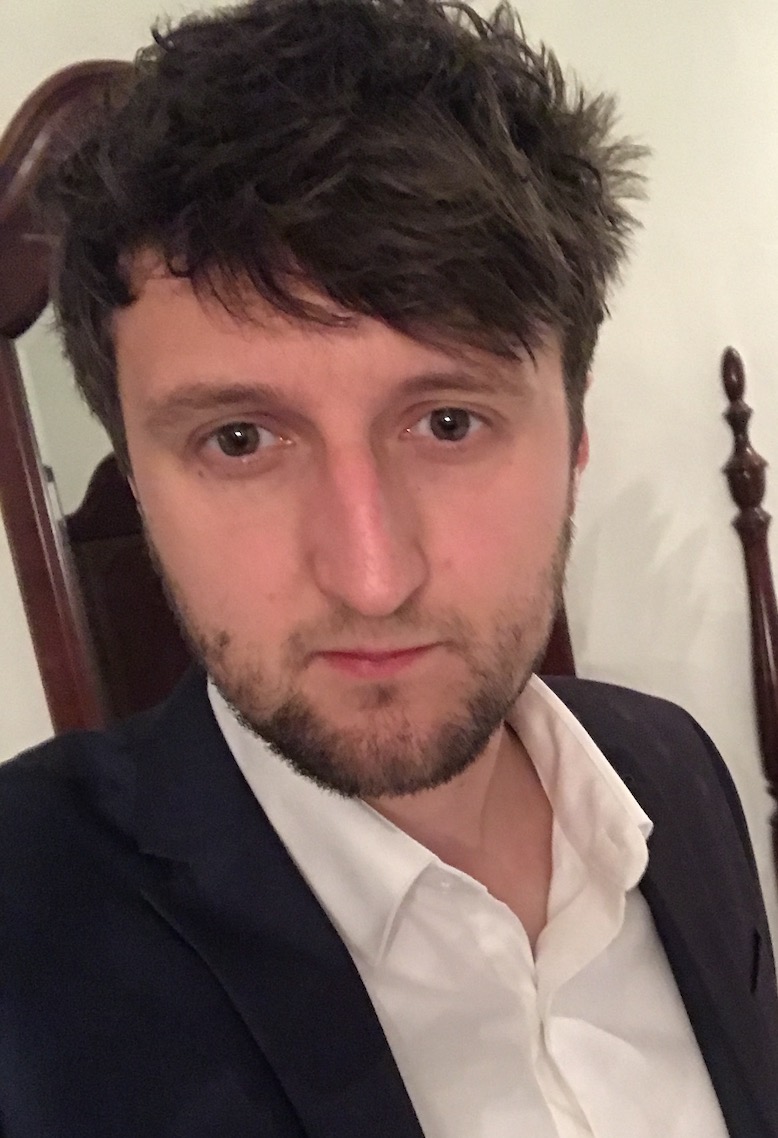 |
Peter Hatton is a postdoctoral researcher in the Materials Science and Technology division at Los Alamos National Lab (LANL). Peter gained his PhD in 2021 from Loughborough University in Mathematical Modeling. In his PhD he modeled the key production steps in Cadmium Telluride solar cells and elucidated the mechanisms underpinning the experimental processes. Within FUTURE, Peter uses atomistic modeling techniques to investigate the synergistic nature of compositional and structural heterogeneities in complex oxides. His work focuses on identifying the key mechanisms for defect transport in these materials. Outside of work, Peter is a passionate musician and also enjoys cooking/baking in his free time.
|
Adric Jones (BGSU) |
|
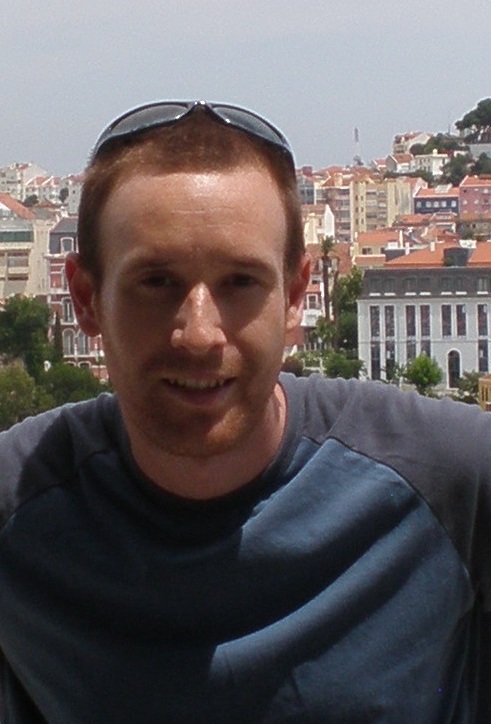 |
Adric is a post-doctoral researcher at Bowling Green State University. He is helping to design a positron beam system for the in situ study of radiation damage in shielding materials under thrust-1 of FUTURE. In his spare time he likes to play billiards and go hiking. |
Mira Khair (UTSA) |
|
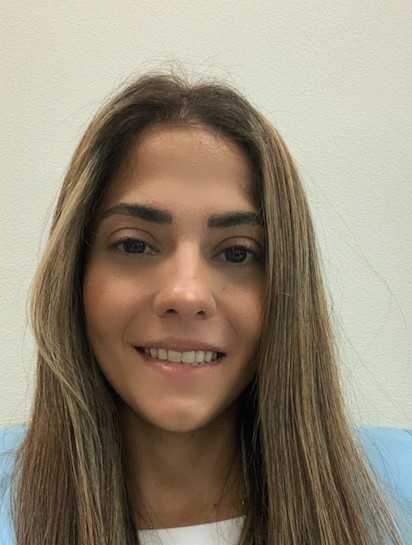 |
Dr. Mira Khair is a Postdoctoral researcher at the Extreme Environments Materials Laboratory within the departments of Physics and Astronomy at the University of Texas at San Antonio since September 2023. Her research focuses on materials fabrication (UN, UB2, alloys) and the characterization of their microstructure. Prior to joining UTSA, Dr. Khair served as a Postdoc Researcher at the University of Lille, where she worked on UMo microstructural characterization in collaboration with Framatome. In December 2019, she defended her thesis in Physical-Chemistry of Condensed Materials at the University of Bordeaux, France. The entirety of her thesis work was conducted at the French Alternative Energies and Atomic Energy Commission (CEA), concentrating on the fabrication of innovative UO2 fuel for Pressurized Water Reactor (PWR) to enhance corrosion resistance of the fuel cladding and introduce a new fuel to the nuclear market |
Sara Mastromarino (UCB) |
|
 |
Sara Mastromarino is a Post-Doc at the University of California, Berkeley (UCB) while she is finishing her PhD in nuclear engineering at Delft University of Technology. Sara spent two years during her PhD at the European Commission-Joint Research Centre working on the chemical and thermo-physical characterization of high temperature molten salt fuels and coolants. She was involved in the international project SAMOFAR for the development of MSFRs. At UCB Sara works on the elemental and physico-chemical characterization of molten salts. She is involved in a broad range of projects: high temperature optical spectroscopy, elemental analysis and digestion methods of molten halides, measurements of liquid density of molten salts, and molten salt tribology and rheology. She overall supports the group with design and planning for the experimental infrastructure (e.g.design of a glove-box train for beryllium-containing and actinide-containing molten salts). Outside of the office, she is a passionate triathlete and she gained top places in several running competitions. |
Sean Mills (UCB) |
|
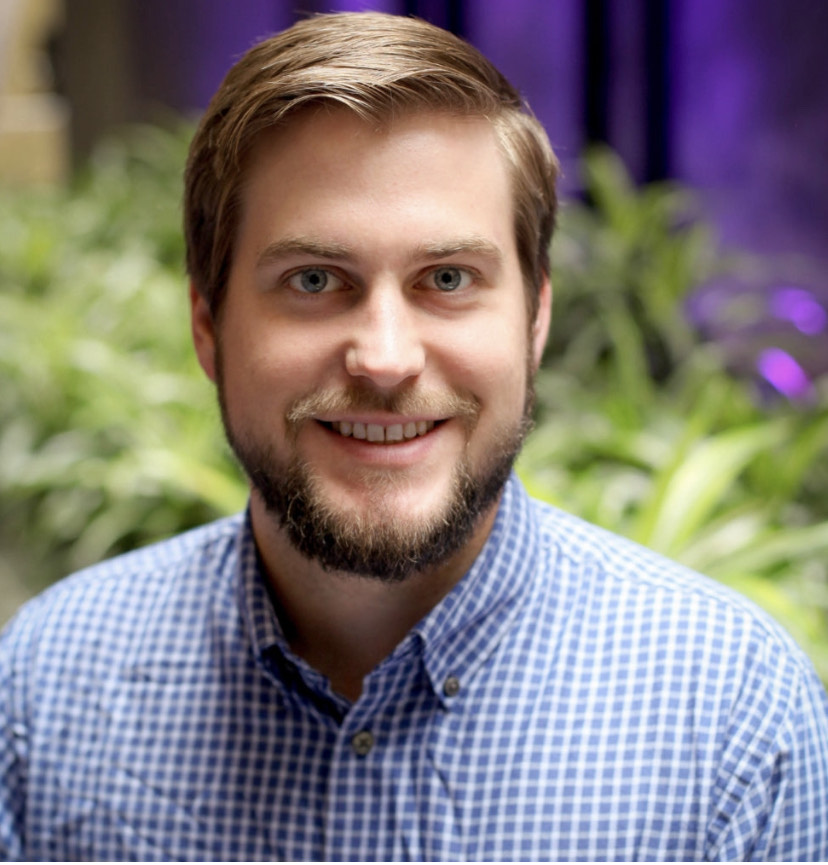 |
Sean Mills is a graduate of Colorado School of Mines. While there, he studied strengthening and deformation mechanisms in corrosion-resistant NiTiHf alloys designed for space-age tribological applications through the use of scanning electron microscopy (SEM), transmission electron microscopy (TEM) and focused ion beam (FIB) techniques. Under thrust-2 of FUTURE, he is contributing to in situ characterization of defects in irradiated and corroded structural alloys coupled with atomic resolution strain mapping. In his spare time, he enjoys skiing, climbing and golf.
|
Franziska Schmidt (LANL) |
|
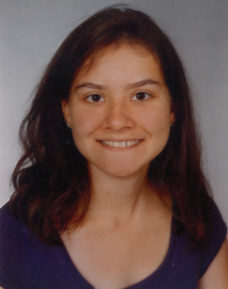 |
Franziska Schmidt is a postdoc at Los Alamos National Laboratory and studies corrosion phenomena and radiation damage in heavy liquid metal and molten salt environments. In her free time, she hunts fossils and goes climbing. |
Ryan Schoell (NCSU) |
|
 |
Ryan Schoell is currently a Postdoctoral Research Scholar in the department of Nuclear Engineering at North Carolina State University working with Dr. Djamel Kaoumi. Ryan earned his PhD in Nuclear Engineering under the guidance of Dr. Djamel Kaoumi studying the mechanism of chlorine-induced stress corrosion cracking of commercial 304. Ryan also has a Bachelor’s degree in Chemical and Biomolecular Engineering form Ohio State University. Ryan will be working on radiation damage of metal/metal oxide systems. In his free time, Ryan enjoys hiking and hanging out with friends. |




